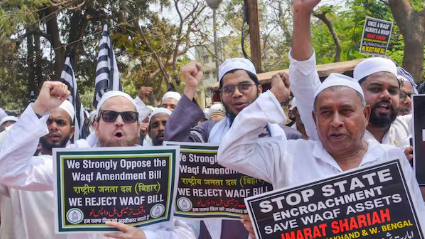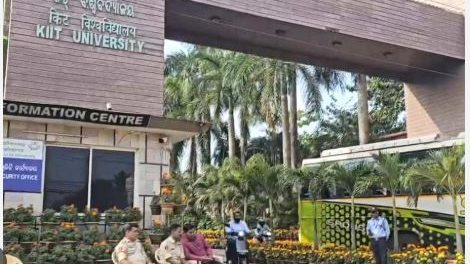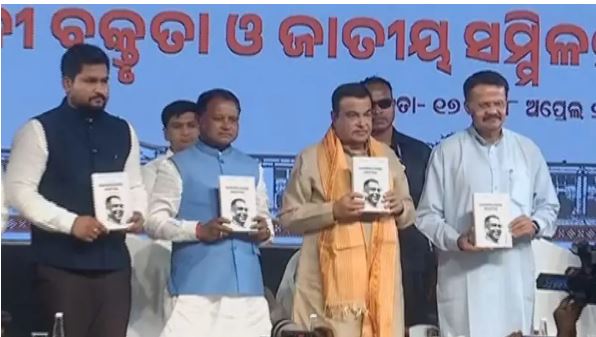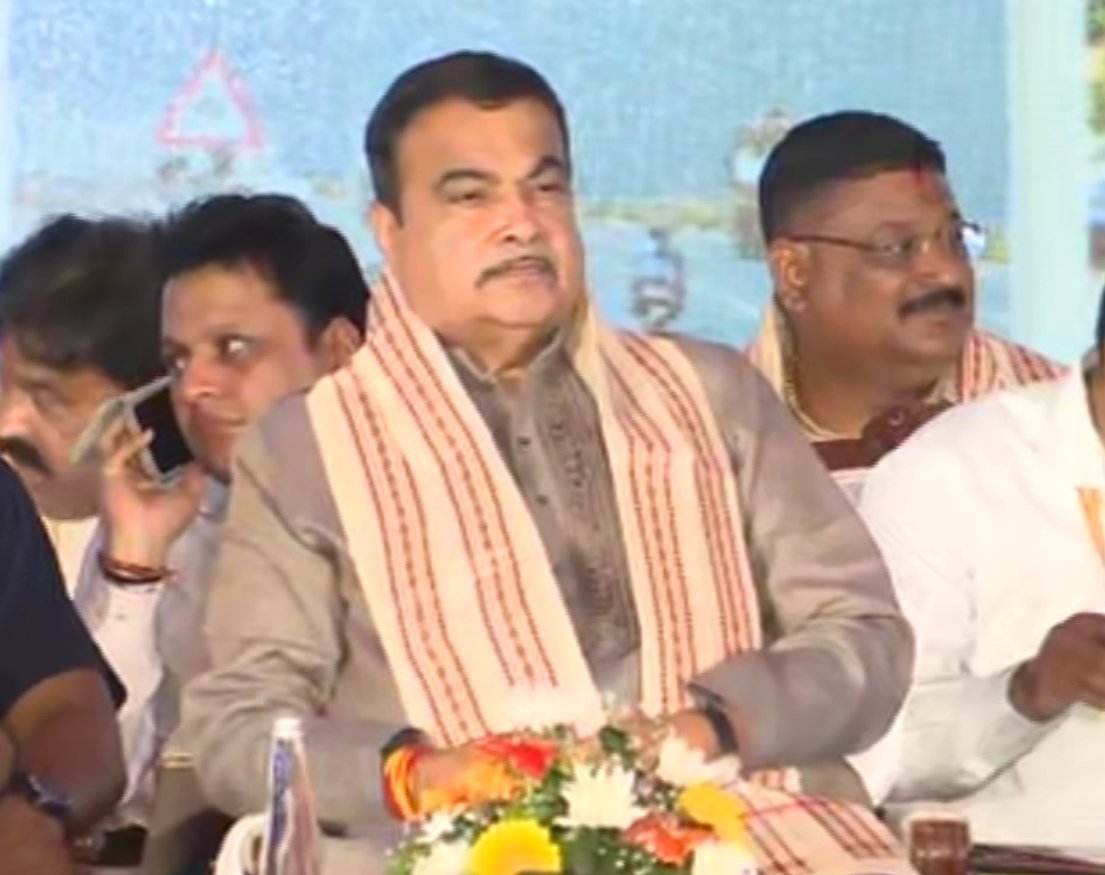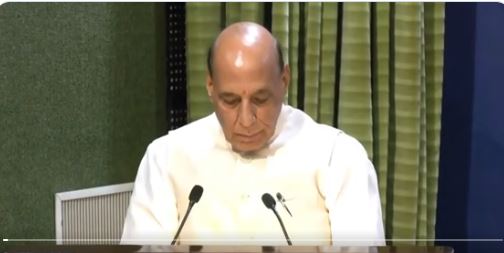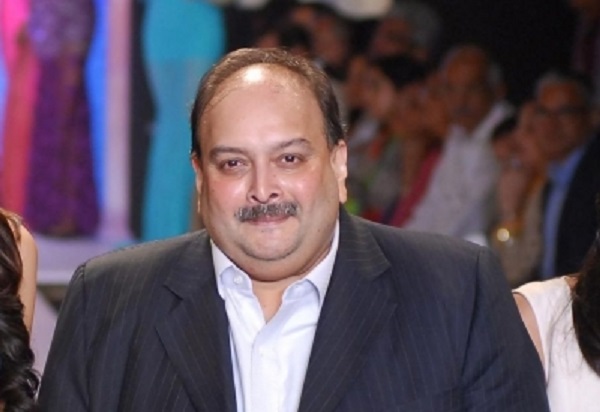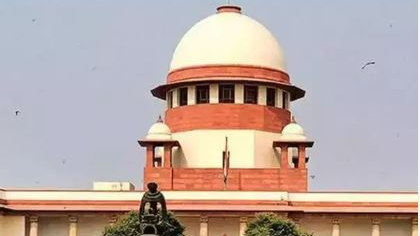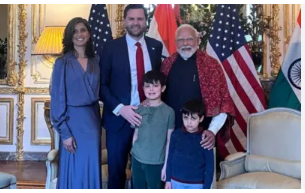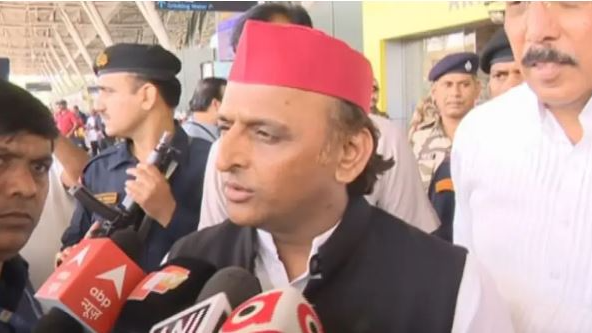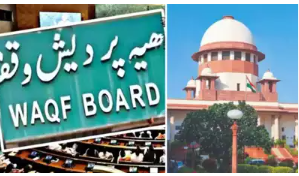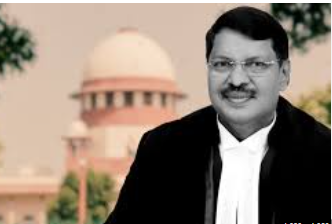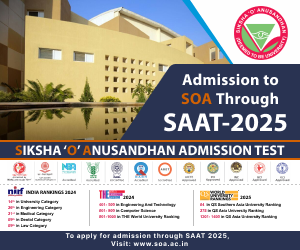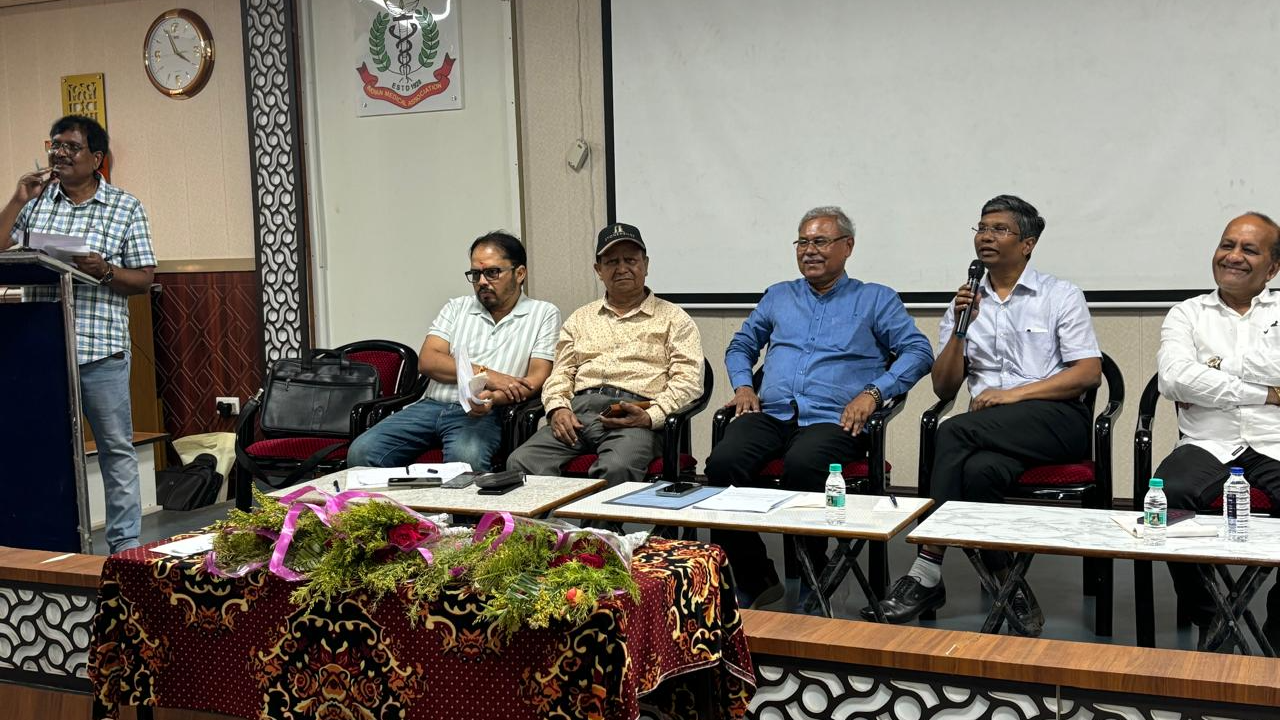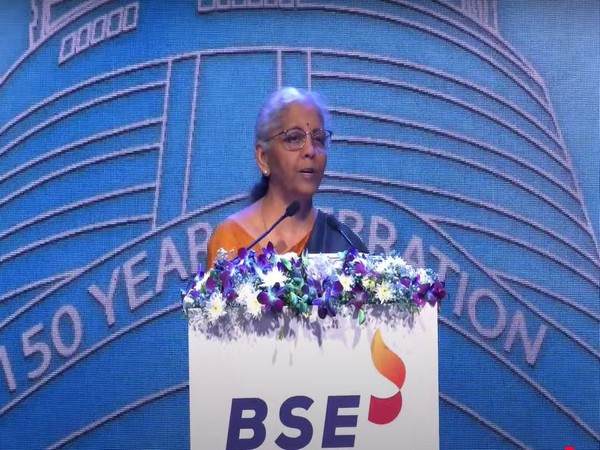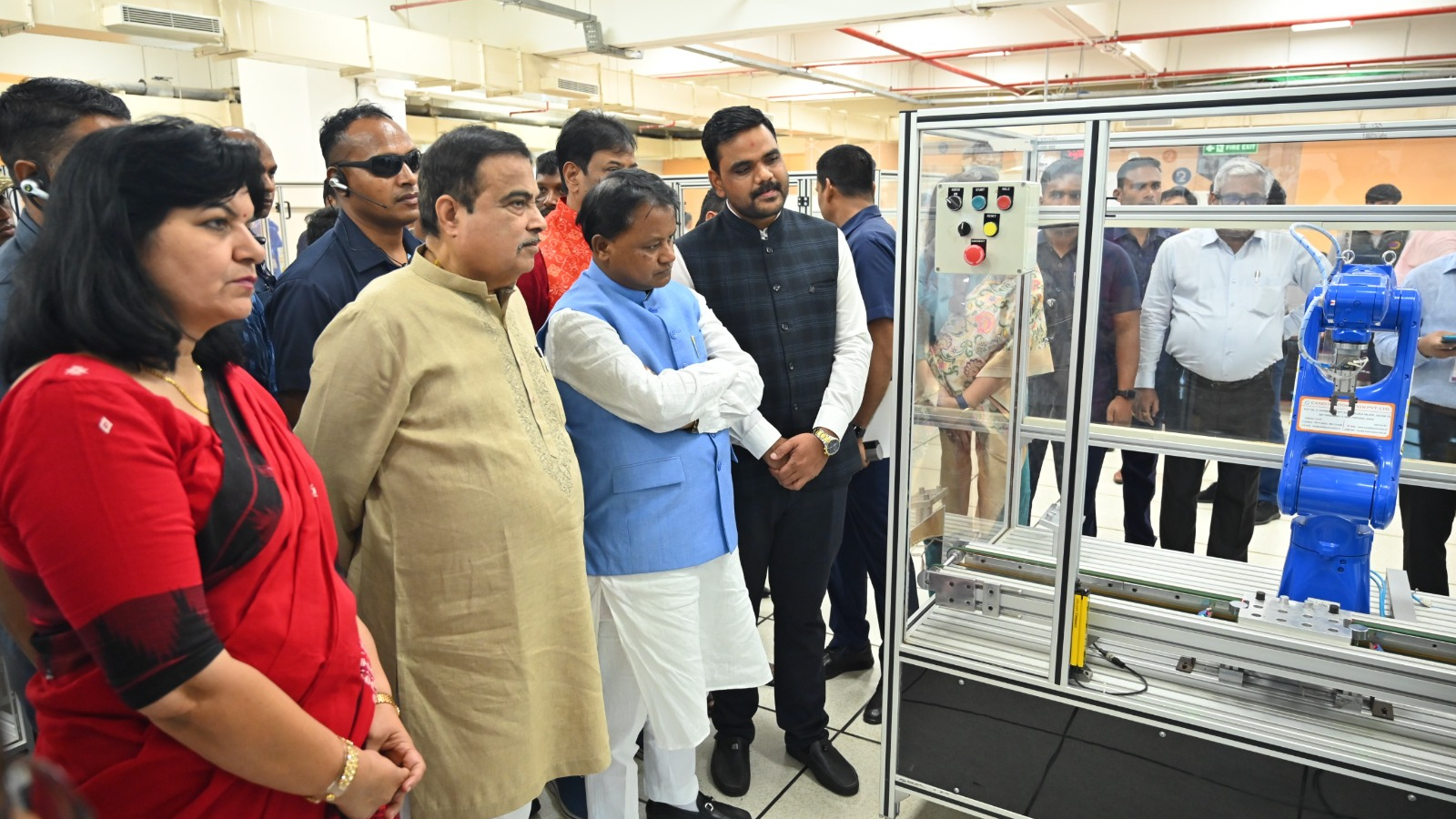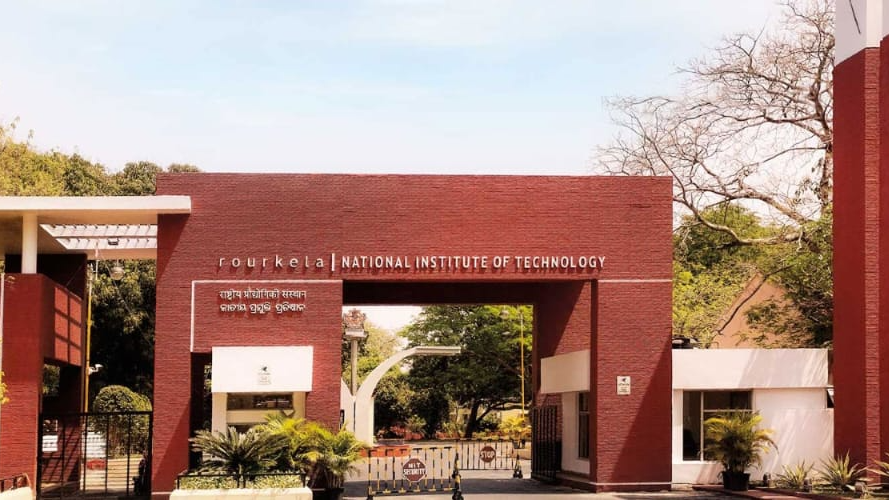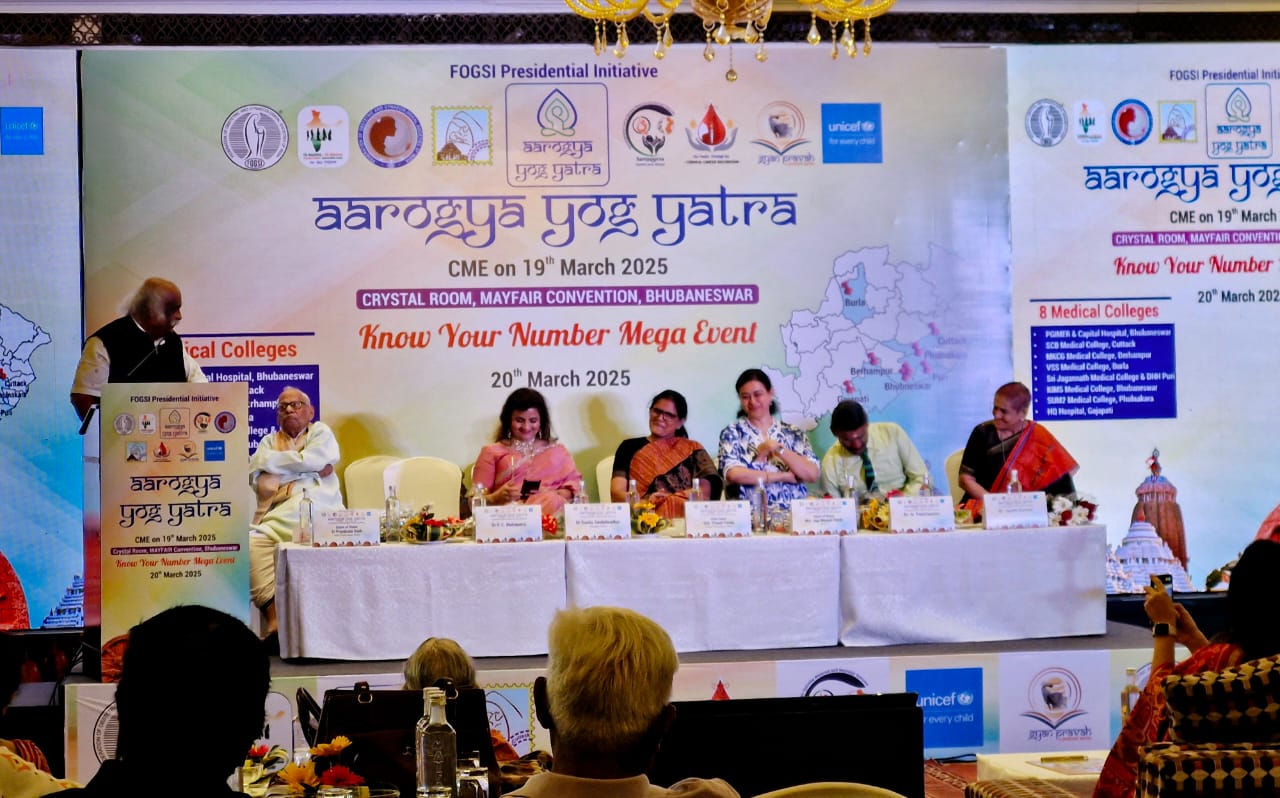New Delhi: The Supreme Court is scheduled to hear multiple petitions challenging the constitutional validity of the recently enacted Waqf (Amendment) Act, 2025 on April 15. According to the apex court's website, at least three petitions are listed for hearing, prompting the Union government to proactively file caveats in two cases to ensure no interim orders are passed without its representation.
The petitions before the court have been filed by prominent Muslim leaders and organizations, including All India Majlis-e-Ittehadul Muslimeen (AIMIM) chief and Lok Sabha MP Asaduddin Owaisi, Jamiat Ulama-i-Hind president Maulana Arshad Madani, and the Kerala-based Samastha Kerala Jam'eyyat ul-Ulama. The Centre has filed caveats in the petitions submitted by Madani and the Kerala organization, requesting notification and the opportunity to be heard before any judicial orders are issued.
The contentious legislation received presidential assent on April 5 after passing through both Houses of Parliament earlier that week and was officially notified on Tuesday. The Act introduces extensive modifications to the governance structure and recognition process for Islamic charitable endowments, known as waqfs, across India.
The Centre has defended these amendments as essential reforms aimed at curbing corruption, enhancing transparency, and ensuring more effective regulatory oversight in waqf administration. Government representatives have emphasized that the changes are designed to modernize the management of waqf properties while addressing long-standing concerns about mismanagement and lack of accountability.
However, the amendments have faced significant opposition from various quarters. Several political parties, religious organizations, and civil society groups have mounted a strong pushback against the legislation, characterizing it as a direct infringement on religious autonomy and an unconstitutional imposition specifically targeting the Muslim community.
The petitions, filed under Article 32 of the Constitution, challenge the legislation on multiple grounds. Petitioners argue that the amended Act undermines the fundamental rights of Muslims and erodes traditional waqf practices that have existed for centuries.
One of the most controversial provisions targeted by the petitioners is the removal of "waqf by user" – a principle that historically allowed recognition of religious endowments created through usage or oral tradition without formal documentation. Critics argue this change jeopardizes the status of numerous mosques, graveyards, and dargahs that have existed for centuries without written documentation, potentially rendering their status vulnerable to challenges.
Another contested aspect is the invalidation of oral waqfs unless supported by formal deeds. Petitioners contend this requirement ignores historical realities where many religious properties were established through community practice rather than written declarations, particularly in earlier periods when formal documentation was not common practice.
It's worth noting that the new law applies these changes prospectively, meaning they affect future designations rather than existing ones, except in cases where there is an ongoing dispute with the government. However, opponents argue this still creates a fundamental shift in how waqf properties are recognized and maintained.
Legal experts anticipate the Supreme Court hearing will center on several constitutional questions, including whether the amendments violate Article 25 (freedom of religion), Article 26 (freedom to manage religious affairs), and Article 14 (right to equality) of the Constitution. The petitioners are expected to argue that the legislation disproportionately affects Muslim religious institutions and practices.
The government's legal team is likely to defend the amendments as necessary administrative reforms that fall within Parliament's legislative competence and serve legitimate state interests in ensuring proper governance and transparency in the management of waqf properties.
The hearing comes amid heightened attention to issues concerning religious institutions and their governance. Several stakeholders, including Muslim organizations, legal scholars, and civil liberties groups, will be closely monitoring the proceedings, which may have far-reaching implications for religious endowments and state regulation of religious affairs.
As the April 15 hearing approaches, both supporters and critics of the legislation are preparing their arguments, with the Supreme Court's decision potentially setting important precedents regarding the balance between religious autonomy and government oversight of religious endowments in India.








